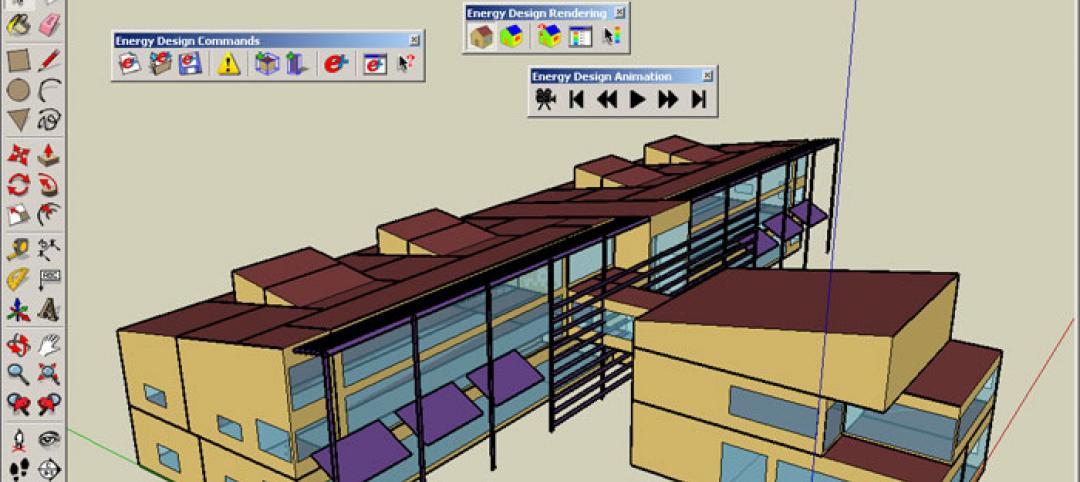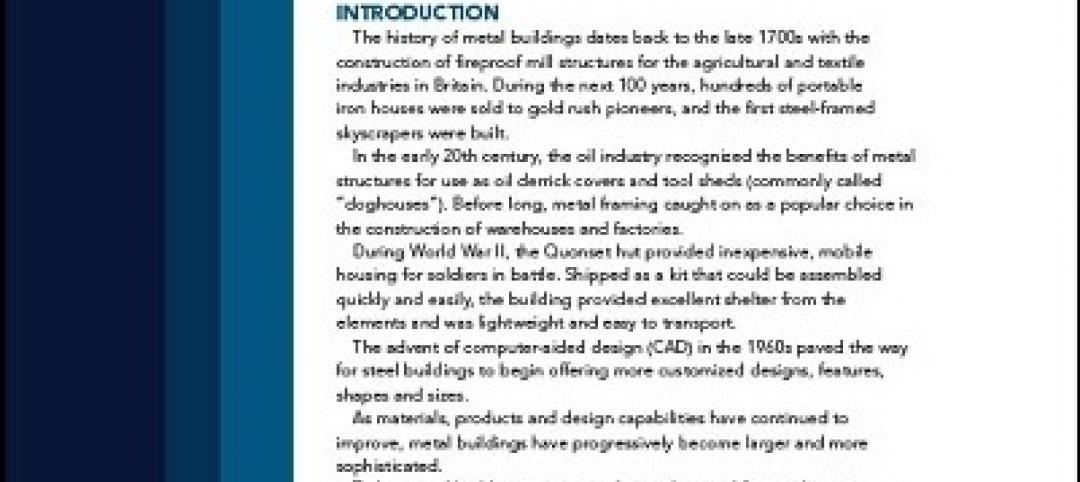For the better part of a decade, we’ve watched AEC firms and real estate owners and developers pluck business practices, technology, and talent from the tech and manufacturing industries—digital workflows, automation, innovation competitions, hackathons, maker culture, Lean operations, technologies like predictive analytics, AI, and immersive reality.
AEC “outsiders” hold prominent positions in large firms, with titles like Chief Data Officer and Chief Innovation Officer. Firms are angel investors, startup backers, and purveyors of custom-built software tools and tech platforms. They are exploring real-world applications for nascent technologies like digital twin, blockchain, and haptics for VR. They are backing or launching increasingly sophisticated offsite construction enterprises.
Indeed, the nation’s leading design and construction firms have embraced innovation culture in a big way—whether through formal structured processes or departments (still rare in our market), or an R&D “tinker” approach (much more common).
As firms begin to adopt the practices and mindset of Silicon Valley tech and advanced manufacturing, it’s fair to ask: Are all of these innovation projects and initiatives working? More to the point: Does your firm track the success rate of its innovation projects?
If you do, and your success rate is 50% or greater, guess what? You are faring much better than many of the tech firms that we collectively hold up on a pedestal as leading innovators. A new survey, conducted by Oracle, of more than 5,000 decision makers across 24 markets in software development and cloud solutions found that less than half of innovation projects ever make it to market. And it is the biggest firms (workforces up to 50,000) and the fastest-growing companies that struggle the most.
Survey respondents cited a host of reasons for the less-than-ideal “hit rate” on innovation projects: poor processes, lack of focus, absentee leadership, an over-commitment on the number of innovation projects, and an insufficient commitment from the business.
Another glaring issue: a lack of clear ownership. Executives (48%) and IT (46%) were identified as the most common owners of projects, but a variety of other functions were identified as champions in near-equal proportions, between 35% and 41%, according to the survey.
“Employees will always be a critical factor in any innovation program, but they need an effective and supporting culture of innovation to be successful,” said Neil Sholay, Oracle’s VP of Innovation. “This starts with a clear vision from leaders and the prioritization and funding of chosen projects.”
While the Oracle report is somewhat of an apples-and-oranges comparison to AEC, the survey findings demonstrate that even the most finely tuned organizations struggle to innovate.
Download the key takeaways of Oracle’s “Having a Successful Innovation Agenda” report at: tinyurl.com/yxathbeg.
Related Stories
| Feb 12, 2014
First Look: Futuristic Silicon Valley campus designed to draw tech startups
The curved campus will consist of four different buildings, one exclusively for amenities like a coffee bar, bike shop, and bank.
| Feb 11, 2014
Adobe Photoshop update features new 3D printing capabilities
Available as part of an update to Photoshop Creative Cloud, the tool enables users to easily and reliably build, refine, preview, prepare, and print 3D designs.
| Feb 7, 2014
DOE, Autodesk team to overhaul the EnergyPlus simulation program
The update will allow a larger ecosystem of developers to contribute updates to the code in order to improve performance and decrease the time required to run energy model simulations.
| Feb 7, 2014
Zaha Hadid's 'white crystal' petroleum research center taking shape in the desert [slideshow]
Like a crystalline form still in the state of expansion, the King Abdullah Petroleum Studies and Research Center will rise from the desert in dramatic fashion, with a network of bright-white, six-sided cells combining to form an angular, shell-like façade.
| Feb 5, 2014
7 towers that define the 'skinny skyscraper' boom [slideshow]
Recent advancements in structural design, combined with the loosening of density and zoning requirements, has opened the door for the so-called "superslim skyscraper."
| Feb 4, 2014
World's fifth 'living building' certified at Smith College [slideshow]
The Bechtel Environmental Classroom utilizes solar power, composting toilets, and an energy recovery system, among other sustainable strategies, to meet the rigorous performance requirements of the Living Building Challenge.
| Feb 4, 2014
Must see: Student housing complex made with recycled shipping containers
Architect Christian Salvati's new structure is just the first step in bringing shipping container construction to New Haven, Conn.
| Jan 30, 2014
What to expect in the metal building industry in 2014
Every year brings changes. This one won’t be any different. We’ll see growth in some areas, declines in others. Here’s a little preview of what we’ll be writing about 2014 when 2015 comes rolling in.
| Jan 28, 2014
White Paper: How metal buildings deliver long-term value to schools
A new white paper from Star Building Systems outlines the benefits of metal buildings for public and private school building projects.
| Jan 28, 2014
2014 predictions for skyscraper construction: More twisting towers, mega-tall projects, and 'superslim' designs
Experts from the Council on Tall Buildings and Urban Habitat release their 2014 construction forecast for the worldwide high-rise industry.
















